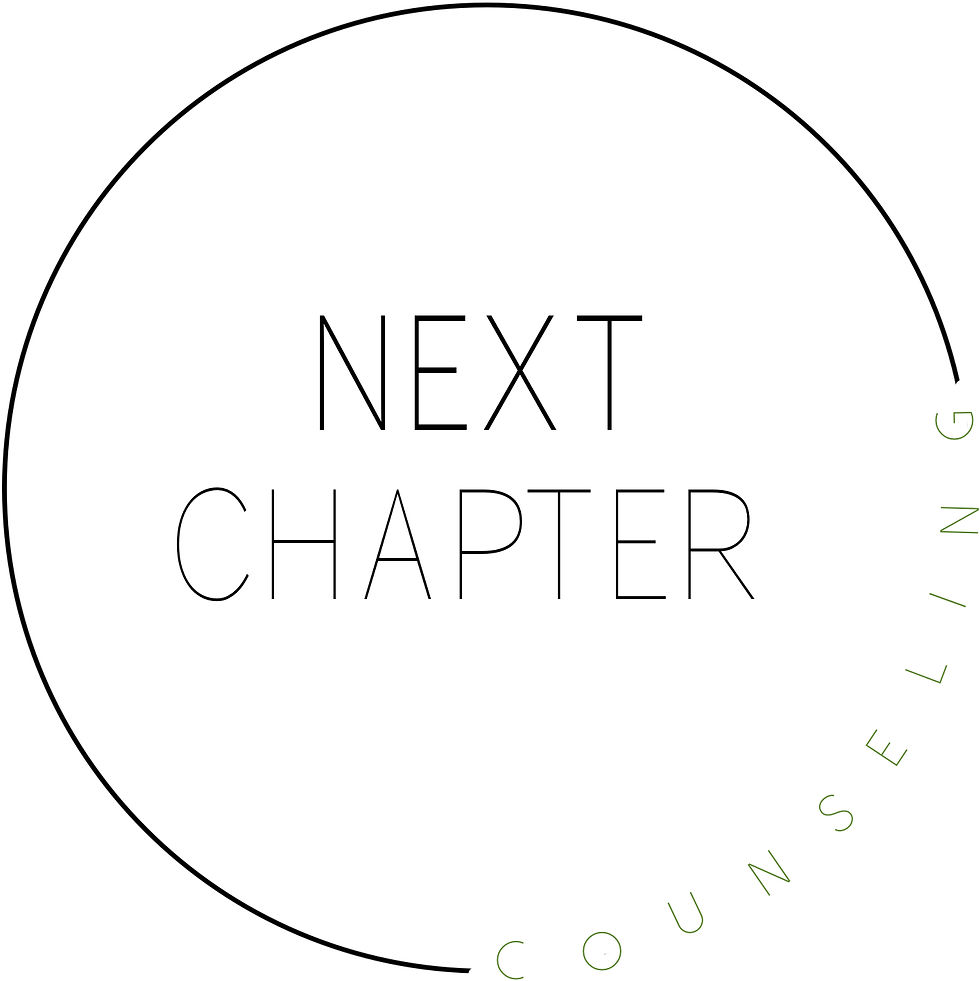After an EMDR or ART Session: What to Expect
- Brittani Antunes, MC, LPC

- Jun 12, 2023
- 4 min read
Updated: Jul 1, 2025

Reprocessing is highly effective, but it can also be mentally and emotionally draining. If you’re using eye-movements during your therapy, that alone can leave your brain feeling tired. It has done a significant amount of physical work, as well as emotional work of rewiring thoughts, feelings, and releasing stored emotions. While I cannot predict exactly how you will feel after a session since each one is unique, here are some things to keep in mind as you heal using EMDR (Eye Movement Desensitization and Reprocessing) and ART (Accelerated Resolution Therapy).
You Might....
Feel Tired
It’s normal for your brain to feel mentally exhausted, as well as your eyes. Of course, it makes sense. Rest your mind and eyes if you can. Dim the lights, don’t rush into complex thinking or tasks, take it easy, thank your brain for it’s hard work, rest.
Feel Vulnerable or Raw
Sometimes, we address difficult things in therapy, but we might not finish working on them in one session. It's like having an open wound that needs some more attention, a splinter that we just poked around while working to remove. We may have touched on some memories that have been tucked away for a reason, and having them in the forefront of your mind may make you more sensitive to things related to the work we’re doing. Be gentle with yourself, and ask others to be extra gentle with you as well. If you’re around people who have never experienced EMDR they likely are very unaware of what this process is like, educate them when you can and ask for kindness.

Feel Worse Before Better
It's common to feel down between sessions. Sometimes we have to think about difficult things and sort through difficult thoughts before we can file it away properly and heal. During processing, we are activating parts of old memories to show our brain what we’re rewiring and if we end session before we finish, then those parts can still linger. We’re still working through beliefs and emotions that may have been avoided for a long time. Additionally, sometimes a part of us can feel that these feelings need to be felt if they have been set aside in the past, especially grief. Dealing with more general or chronic topics, such as years of childhood abuse that left you feeling "not enough," may require more time before you feel relief compared to processing a specific event, such as a car accident.
Think About the Topic More
After a session, you may find yourself continuing to process and sort out thoughts on your own. If you find yourself thinking about what we’ve been working on, you have some choices here. You can be curious about the thoughts, as they may be shifting due to processing, or you can set them aside until our next meeting. If it doesn’t feel helpful to keep thinking about it, there isn’t a need to.
Have Weird Dreams
Our brains process things from the day while we sleep, so it's possible to have dreams related to what you’re working on in therapy.
Notice a Shift in Identity
As you heal, you may find yourself redefining parts of your identity. Core beliefs about yourself or the world that were shaped by trauma may no longer feel true. You may no longer feel unworthy, no longer feel ‘bad’, no longer feel unsafe… this may feel new and unfamiliar. Allow yourself some space for curiosity. Get to know the new version of you.

Have Unfamiliar Positive Feelings
I see this most commonly when using ART. We may complete the entire healing process for a specific memory in one session, leaving you with a sense of disbelief and an array of other emotions. If you think about it- we start with a painful memory, one that has been following you for too long and seemed impossible to feel differently about, and by the end of the session, you can think about that memory without any reaction, without a physical response, and without instant emotional pain. You may even experience a sense of release, both physically and emotionally, a feeling that we’re not very used to. This is normal. This is a good time to take it really easy and let yourself settle into this new feeling, to just sit, to notice, to just be.
Notice Other Past Traumas More
Although it may not seem like it, this is likely a positive sign. When we heal one trauma, it can create space for other memories to surface that were previously buried. There may be other memories with ticket numbers, in line, waiting to be healed. If this happens, take note of what’s coming up, you can choose to contain them if needed, and we can decide together if you’d like to work on them next.
What Helps?
There are some ways to make the most out of a processing session, to feel the best afterwards, find those tips here.
Not Scheduled for an EMDR or Accelerated Resolution Therapy Session yet?
About the Author
Brittani Antunes, MC, LPC
Next Chapter Counseling
EMDR Certified + Accelerated Resolution Therapy Therapist serving Phoenix and online to all of Arizona. Find out more about Brittani here.





Comments